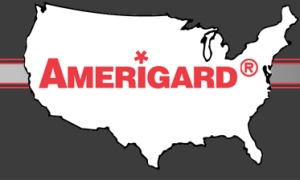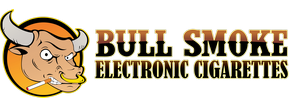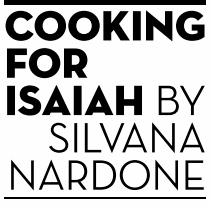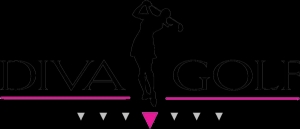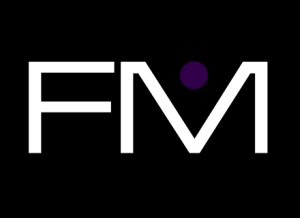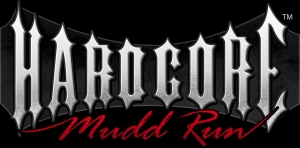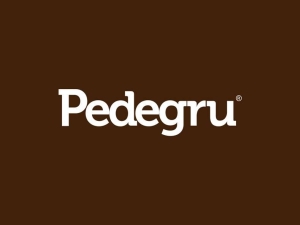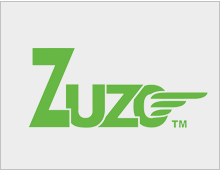Distinctiveness is a necessary element for acquiring trademark rights under both common law and federal trademark law. Trade marks that merely describe goods and services are not considered to be inherently distinctive. Unlike generic marks, like “Trademark Attorney” for an attorney who practices trademark law, or “Table” for a store that sells tables, however, descriptive trademarks can acquire distinctiveness through use in commerce. Use in commerce simply means using a trademark in connection with the sale of goods or services. Offering goods for sale and being ready, willing and able to provide services generally suffices to establish trademark rights, although the nature of the rights established depend on the magnitude of use and whether there is a corresponding trademark registration. Such marks include brands built on names, such as MACY’S or BLOOMINGDALE’S, as well as geographic marks, such as THE BANK OF NEW YORK or BROOKLYN BREWERY. Descriptive marks are often confused with generic marks by parties who wrongly claim that such marks cannot be protected.
For marks that are descriptive, they must be in use before filing an application for registration. Unless secondary meaning can be established, they will also register on the PTO’s supplemental register. There is a legal presumption that descriptive marks become distinctive after five years continuous use, however, if substantial use is made of a descriptive mark, mark holders can apply to the PTO for registration on the principal register prior to using the mark for five years.
